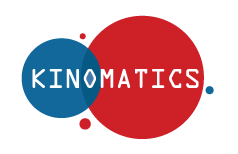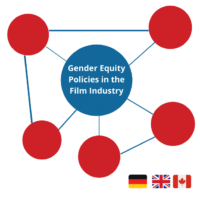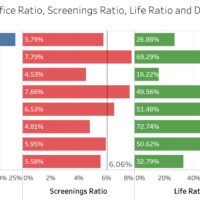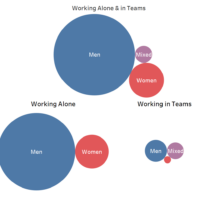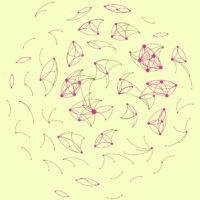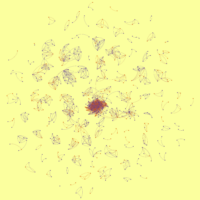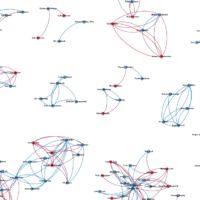Why “add women and stir” won’t change gender inequality on corporate boards
Kinomatics researchers Deb Verhoeven and Katarzyna Musial along with UTS colleagues Gerhard Hambusch, Samir Ghannam & Mikhail Shashnov’s have published an important new work, “Net effects: examining strategies for women’s inclusion and influence in ASX200 company boards”. The article, which has been downloaded almost 2500 times in just a few months, has made a splash by […]
